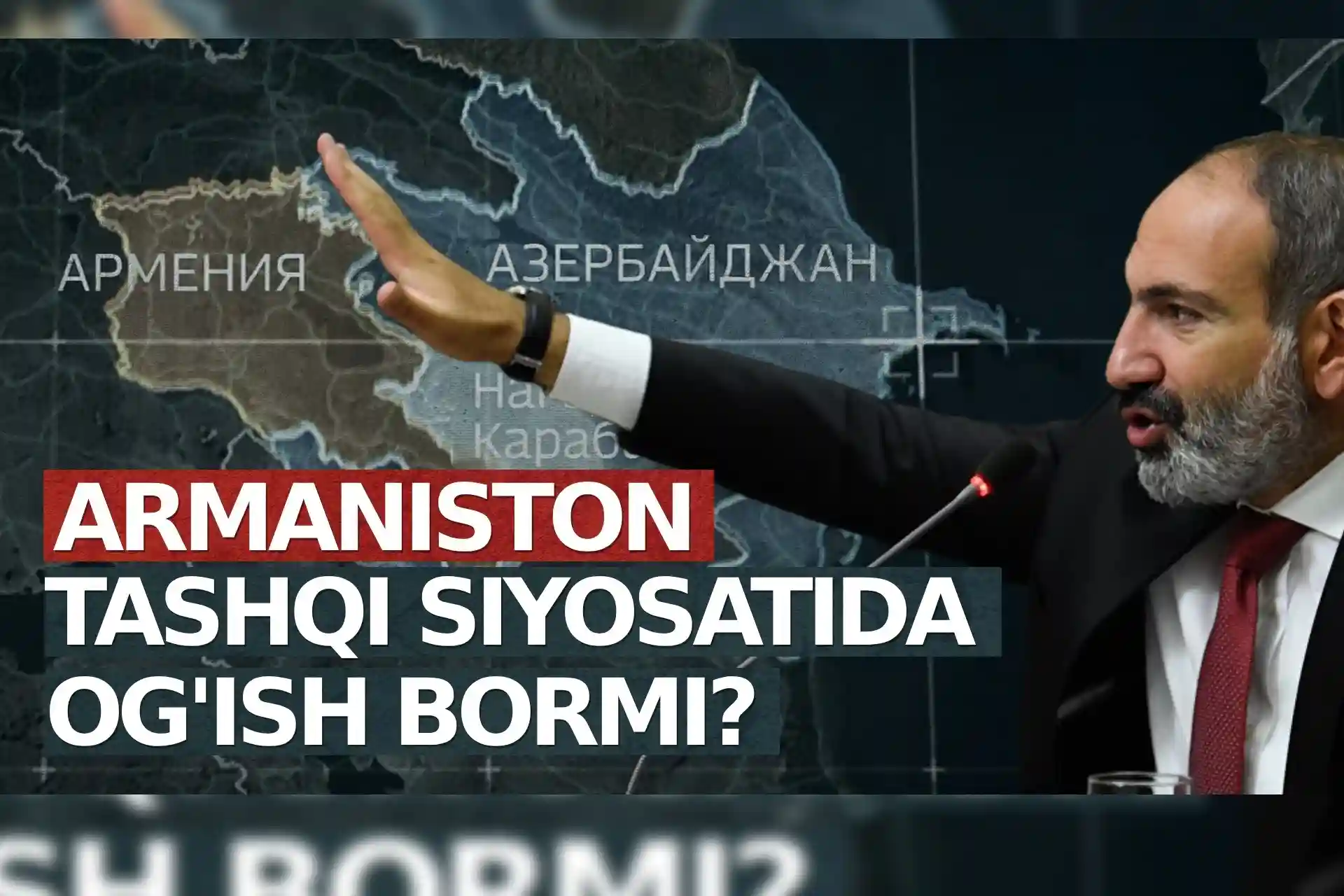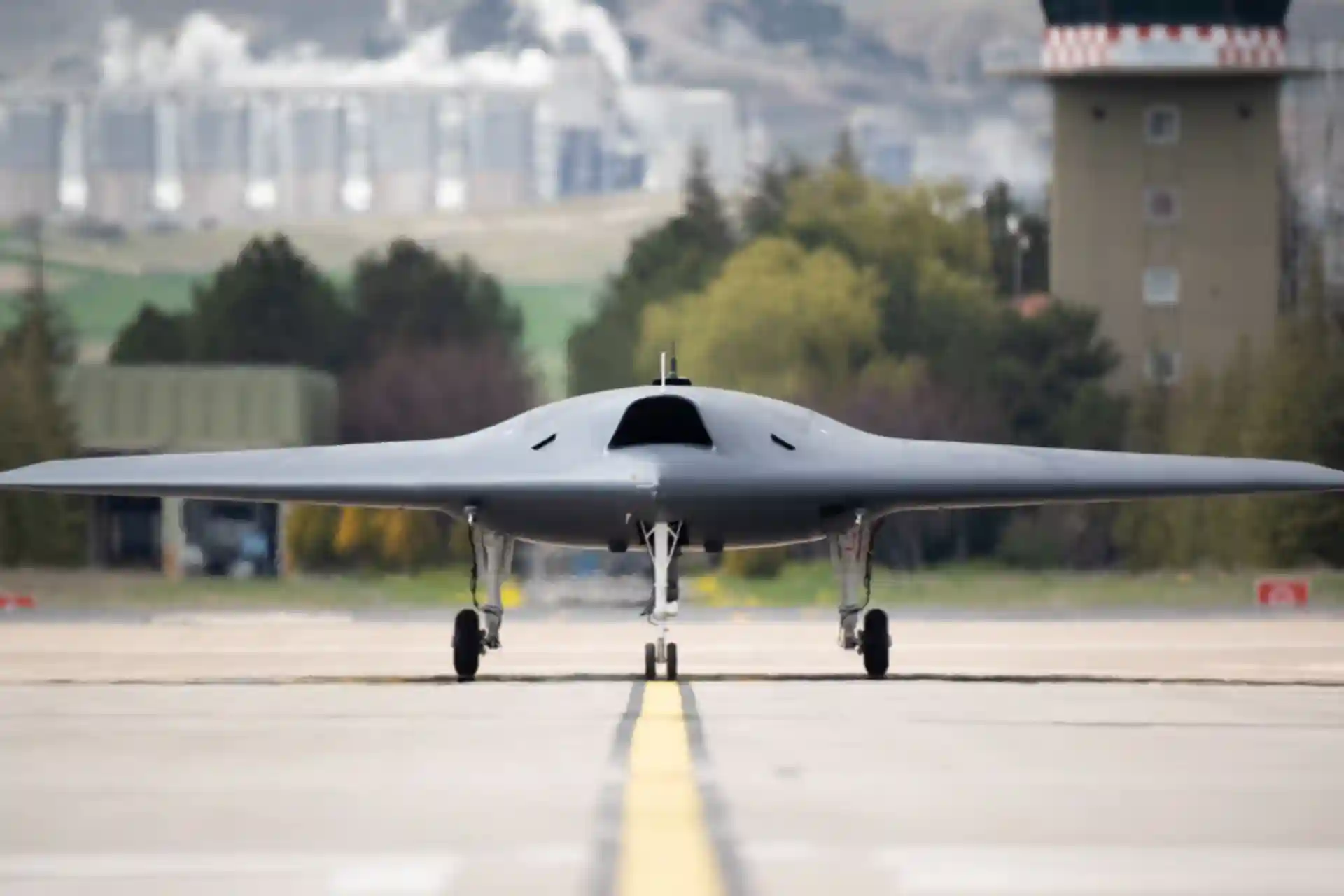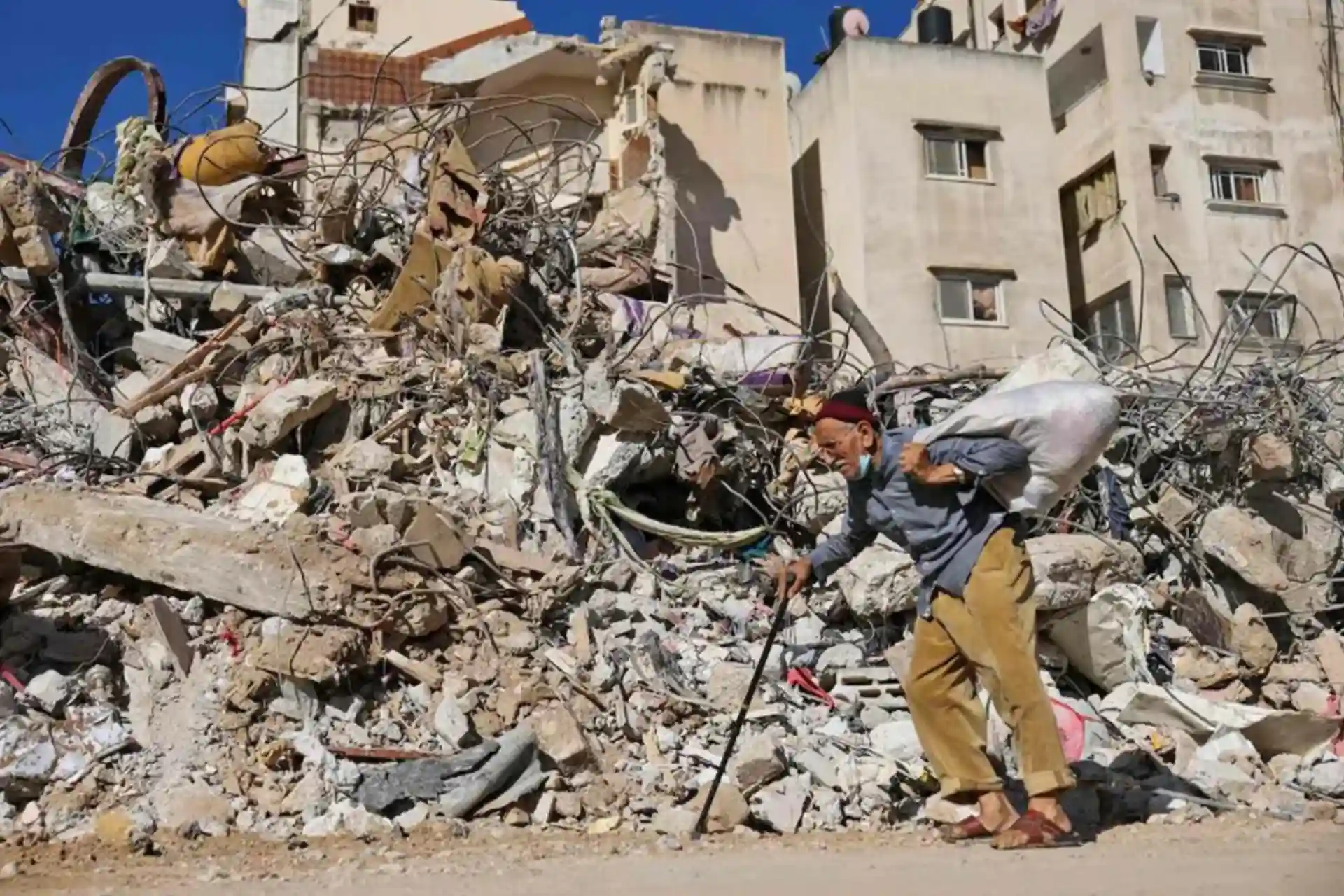Is there a deviation in Armenia's foreign policy?
Armenia's foreign policy initiatives under Pashinyan are pragmatic. Rather than choosing between the West or Russia, Yerevan sought to address the country's problems with a multifaceted foreign policy approach.
As a result of the successful policy carried out by Azerbaijan in the 2nd Nagorno-Karabakh War, which began in September 2020 and lasted for 44 days, the occupation of Armenians in the region was ended. The administration of Baku managed to recover some of the territories lost in the 1st Karabakh war through military and diplomatic means. Yerevan accepted its defeat. In September 2023, the Azerbaijani army took full control of the region with a counter-terrorist operation against the illegal Armenian regime that continues to operate in Karabakh. As Azerbaijan liberated the lands it had occupied for years, the status quo in the South Caucasus also changed. The consequences of war and defeat continue to affect Armenia's domestic and foreign policy.
Balances in Yerevan politics
Armenian Prime Minister Nikol Pashinyan, who came to power in the 2018 so-called "Velvet Revolution" protests, promised to rid the country of corruption and old-fashioned politics. However, Armenia's heavy defeat in the 2nd Nagorno-Karabakh War made Pashinyan a target of criticism. Opponents continued to criticize him for failing to implement promised reforms and for losing the war against Azerbaijan. The Karabakh clan, which ruled the country from independence until 2018, is leading the ethnic nationalist opposition by calling for Pashinyan's resignation. Pashinyan, who was forced to resign in April 2021, won early elections in June 2021 with more than 50 percent of the vote.
For the Armenian people, Pashinyan's clear victory, whose popularity has waned since the war, was significant. Armenians, whose rulers have been manipulated by the Armenian diaspora in the West and the media for years, have experienced great disappointment. Their nearly 30-year occupation of Karabakh left behind a deeply troubled economy and a country dependent on foreign resources. While the Diaspora and Russian economic aid have guided Armenia's foreign policy for years, the ongoing war economy has made life difficult for the Armenian people. For this reason, the non-election of former President of Armenia Robert Kocharian, one of the most important figures of the old politics, supported by Moscow, who is on trial for corruption, showed the desire of the Armenian people for a new and cleaner political administration.
Pashinyan, who understands Armenia's economic, political and social problems well, opposes nationalist policies that include hateful hostility towards Turks. For this reason, in the country's politics, ethnic nationalists are trying to break the influence of the Armenian diaspora, which is in favor of war with the "Karabog clan" and is far from regional realities. Criticizing the policies of the years before the 2020 war, Pashinyan is trying to woo the public by saying that the new status quo in Karabakh is more positive for Armenia's future. In need of normalization with Azerbaijan and Turkey, the administration of Yerevan put the 1990 Declaration of Independence, which includes territorial claims against these countries, and the change of the country's constitution on the agenda.
Changes in foreign policy
The legal and economic reforms desired by the Armenian people can be realized by taking the right steps in foreign policy. Indeed, since 2000, Azerbaijan, which has strengthened nation-state building and developed its economy, modernized its army with its multilateral foreign policy, and managed to change the balance of power between itself and Armenia. This process, in turn, started the period of Yerevan's attempt to break Russia's influence in the country and conduct a pro-Western policy. Pashinyan, who was known for his opposition to Moscow during his time in opposition, began to implement these ideas more clearly after the 2020 war. In particular, Armenia's announcement last February that it might end its participation in the Russian-led Collective Security Treaty Organization (CSTO) fueled discussions about the "change of axis" in Yerevan's foreign policy.
The fact that one of the most important factors that changed the outcome of the 2nd Nagorno-Karabakh war was the Turkish-Russian conflict in the region strengthened Pashinyan's arguments in the Armenian public. The Armenian army, supplied with Russian weapons and technology, was powerless against the Turkish weapons and technology at the disposal of the Azerbaijani army, especially unmanned aerial vehicles (UAVs) and armed unmanned aerial vehicles (UAVs). In fact, this process also restores relations between Armenia and its neighbors. also encouraged him to create a multifaceted foreign policy that would improve his relations with the West. Here, Pashinyan, who participated in the swearing-in ceremony of Turkish President Recep Tayyip Erdogan in June 2023, emphasized that the normalization of relations with Ankara is the most important factor for Armenia.
The country that showed the most interest in Yerevan's pro-Western foreign policy initiative was France. Negotiations on various security agreements and military assistance were held between the two countries. In fact, this rapprochement caused France to pursue an open policy against Azerbaijan, and in a short time, Baku-Paris relations deteriorated. It can be said that France, disturbed by Turkey's growing influence in Africa, is trying to take its place in the new equation in the South Caucasus as a geopolitical response.
Currently, Armenia's foreign policy initiatives under Pashinyan are pragmatic. Rather than choosing between the West or Russia, Yerevan sought to address the country's problems with a multifaceted foreign policy approach. The positive steps taken by Armenia towards its neighbors will certainly be reciprocated and provide an important opportunity for the implementation of socio-economic reforms in the country. However, both internal opposition pressure and the geopolitical desires of Yerevan's new allies may have a negative impact on the expected regional peace in the South Caucasus.
Burak Chalyshkan,
PhD student at York University
The opinions expressed in the articles are those of the author and may not reflect the views of the editors.



